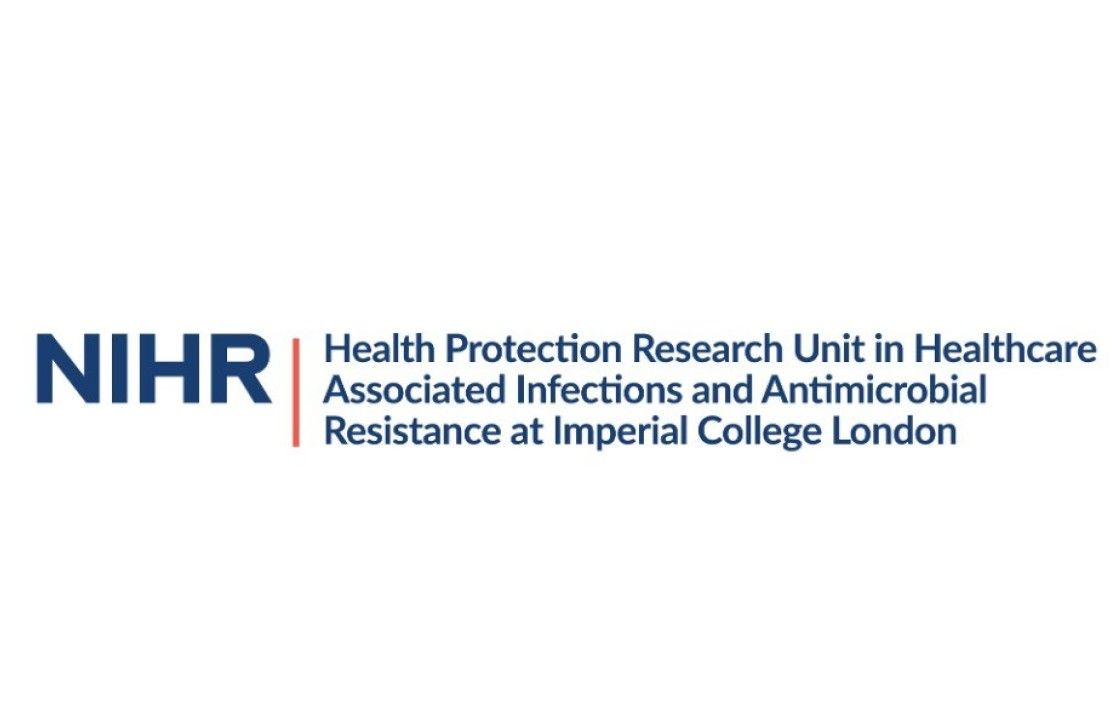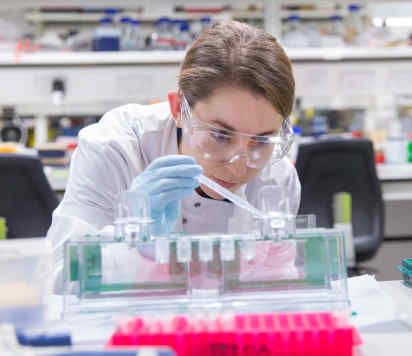BibTex format
@article{Jauneikaite:2020:10.1016/j.cmi.2019.07.014,
author = {Jauneikaite, E and Ferguson, T and Mosavie, M and Fallowfield, JL and Davey, T and Thorpe, N and Allsopp, A and Shaw, AM and Fudge, D and O'Shea, MK and Wilson, D and Morgan, M and Pichon, B and Kearns, AM and Sriskandan, S and Lamb, LE},
doi = {10.1016/j.cmi.2019.07.014},
journal = {Clinical Microbiology and Infection},
pages = {381.e1--381.e6},
title = {Staphylococcus aureus colonisation and acquisition of skin and soft tissue infection amongst Royal Marines recruits: A prospective cohort study},
url = {http://dx.doi.org/10.1016/j.cmi.2019.07.014},
volume = {26},
year = {2020}
}
RIS format (EndNote, RefMan)
TY - JOUR
AB - Objectives: Skin and soft tissue infections (SSTIs) are a serious health issue for military personnel. Of particular importance are those caused by MRSA and PVL-positive S. aureus (PVL-SA), as they have been associated with outbreaks of SSTIs. A prospective observational study was conducted in Royal Marines recruits to investigate the prevalence of PVL-SA carriage and any association with SSTIs.Methods: 1,012 RM recruits were followed through a 32-week training programme, with nose and throat swabs obtained at weeks 1, 6, 15 and 32. S. aureus isolates were characterised by antibiotic susceptibility testing, spa typing, presence of mecA/C and PVL genes. Retrospective review of the clinical notes for SSTI acquisition was conducted.Results: S. aureus colonisation decreased from week-1 to week-32 (41% to 26%, p<0.0001). Of 1,168 S. aureus isolates, 3/1168 (0.3%) were MRSA and 10/1168 (0.9%) PVL-positive (all MSSA) and 169/1168 (14.5%) were resistant to clindamycin. Isolates showed genetic diversity with 238 different spa types associated with 25 MLST clonal complexes. SSTIs were seen in 35% (351/989) of recruits with 3 training days lost per recruit. SSTI acquisition rate was reduced amongst persistent carriers (p<0.0283). Conclusions: Nose and throat carriage of MRSA and PVL-SA was low amongst recruits, despite a high incidence of SSTIs being reported particularly cellulitis. Carriage strains were predominantly MSSA with a marked diversity of genotypes. Persistent nose and/or throat carriage was not associated with SSTI acquisition. Putative person-to-person transmission within troops was identified based on spa typing requiring further research to confirm and explore potential transmission routes.
AU - Jauneikaite,E
AU - Ferguson,T
AU - Mosavie,M
AU - Fallowfield,JL
AU - Davey,T
AU - Thorpe,N
AU - Allsopp,A
AU - Shaw,AM
AU - Fudge,D
AU - O'Shea,MK
AU - Wilson,D
AU - Morgan,M
AU - Pichon,B
AU - Kearns,AM
AU - Sriskandan,S
AU - Lamb,LE
DO - 10.1016/j.cmi.2019.07.014
EP - 1
PY - 2020///
SN - 1198-743X
SP - 381
TI - Staphylococcus aureus colonisation and acquisition of skin and soft tissue infection amongst Royal Marines recruits: A prospective cohort study
T2 - Clinical Microbiology and Infection
UR - http://dx.doi.org/10.1016/j.cmi.2019.07.014
UR - http://hdl.handle.net/10044/1/71924
VL - 26
ER -

